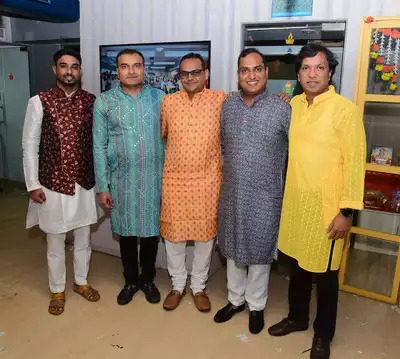
In a sector that is often beset by adversity, Amith Agarwal and team are attempting to make a difference. “Our two decades of experience with agri-business tells us that small farm owners face challenges disproportionate to their size and resources,” says Agarwal, the founder and CEO of agribazaar.
Using an open-source tech stack, Agarwal has created a pan-India e-mandi that brings together small farmers and buyers, a platform where farmers can sell their produce fairly and transparently without the need of middlemen.
Agarwal says technology is helping solve pain points across the agri-procurement value chain. “For instance, advanced technologies such as AI and ML offer quality management and traceability services to address the issues of uneven quality and lack of large-scale quality testing,” he says. “Likewise, technology addresses inefficiencies in the post-harvest supply chain.”
Founded in 2016, agribazaar has built an integrated network of professionals, businesses and farmer producer organisations (FPOs). This support adds value all along the chain, including guaranteeing credit, logistics & warehousing, sharing crop advisories, and helping find buyers. The end result is that farmers benefit monetarily – because they receive the best price.
To begin trading, a farmer must first register on the agribazaar platform with his produce, after which buyers can select an auction and start bidding for the harvest. Once a seller and buyer agree on terms, agribazaar’s on-ground team collects the produce and supplies to the buyer. Payments to farmers are processed electronically, and directly transferred to their bank accounts.
Opportunity from crisis
Agarwal describes himself as a “startup marathoner.” agribazaar is his third startup, after StarAgri, an agricultural marketing company providing warehousing, procurement and collateral management of agri-commodities, and Agriwise, an agri finance venture. All of these he launched with partners.
Covid actually helped agribazaar scale up, assisted by more farmers becoming digital citizens. “During the lockdown, we waived our registration fee on the platform and consequently, we registered an average month-on-month jump of 400% in registrations – and also in turnover – during the period,” he says.
The venture facilitated transport of agri-produce of over 5,000 trucks even to far-off places like Lakshadweep, and were also able to facilitate trade for grape farmers in Baramati, apple growers in Kashmir, and cultivators in many states, including Madhya Pradesh, Rajasthan, Gujarat, Maharashtra, Punjab and Haryana.
Their warehousing facilities enabled farmers to safely store their produce during the lockdowns, and ensured that the produce did not go to waste and that the farmers did not lose out on income. “Our efforts contributed to the country’s food security – since one whole season of crops could have been damaged,” Agarwal says.
Agribazaar also has the AgriBhumi app that today provides personalised crop advice to some three lakh farmers, merchants and FPOs. This advice incorporates crop type, yield estimate and input costs, and takes into account the makeup of the land and previous harvests. The app contains localised details from districts and tehsils gathered over five years, data that has been collated through field visits, accessing government records going back five years (offline and online), and geo-tagging of farms using satellite images.
Till date, agribazaar has enabled transactions worth more than Rs 9,000 crore, making the venture one of the leading marketplaces in this domain. But for Agarwal, the journey is just beginning.

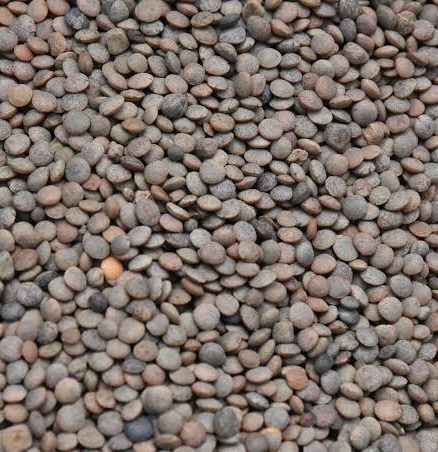

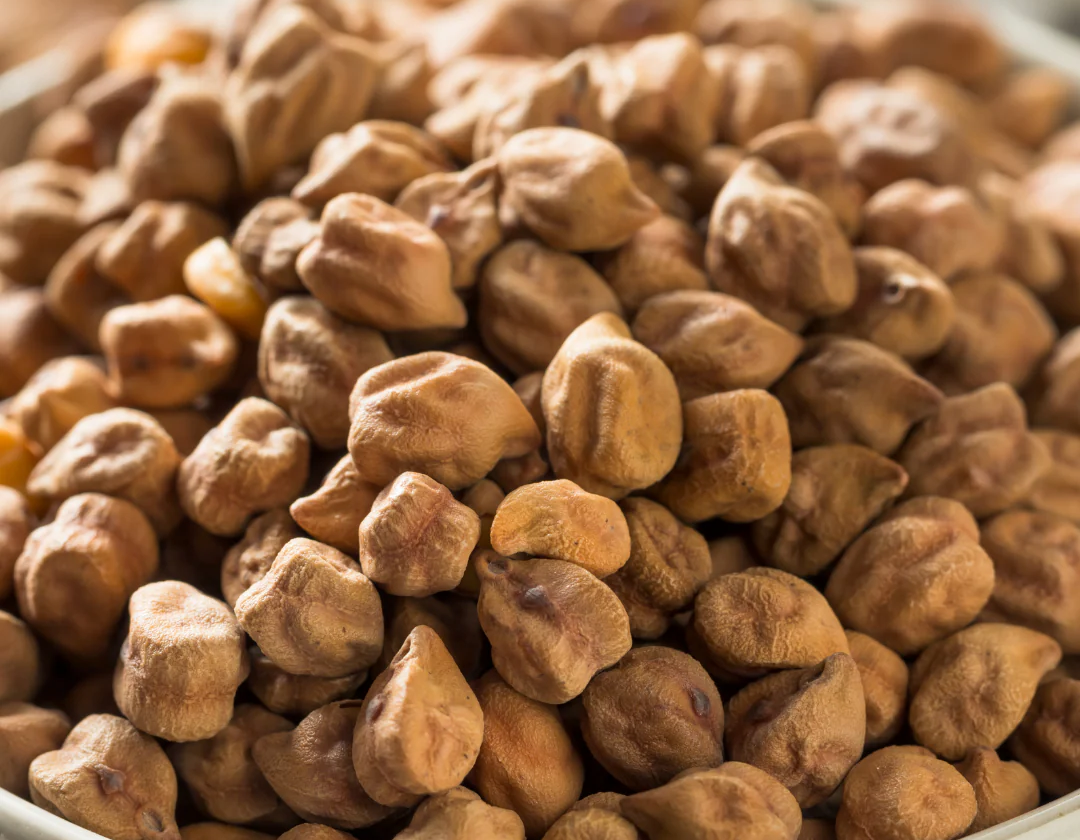
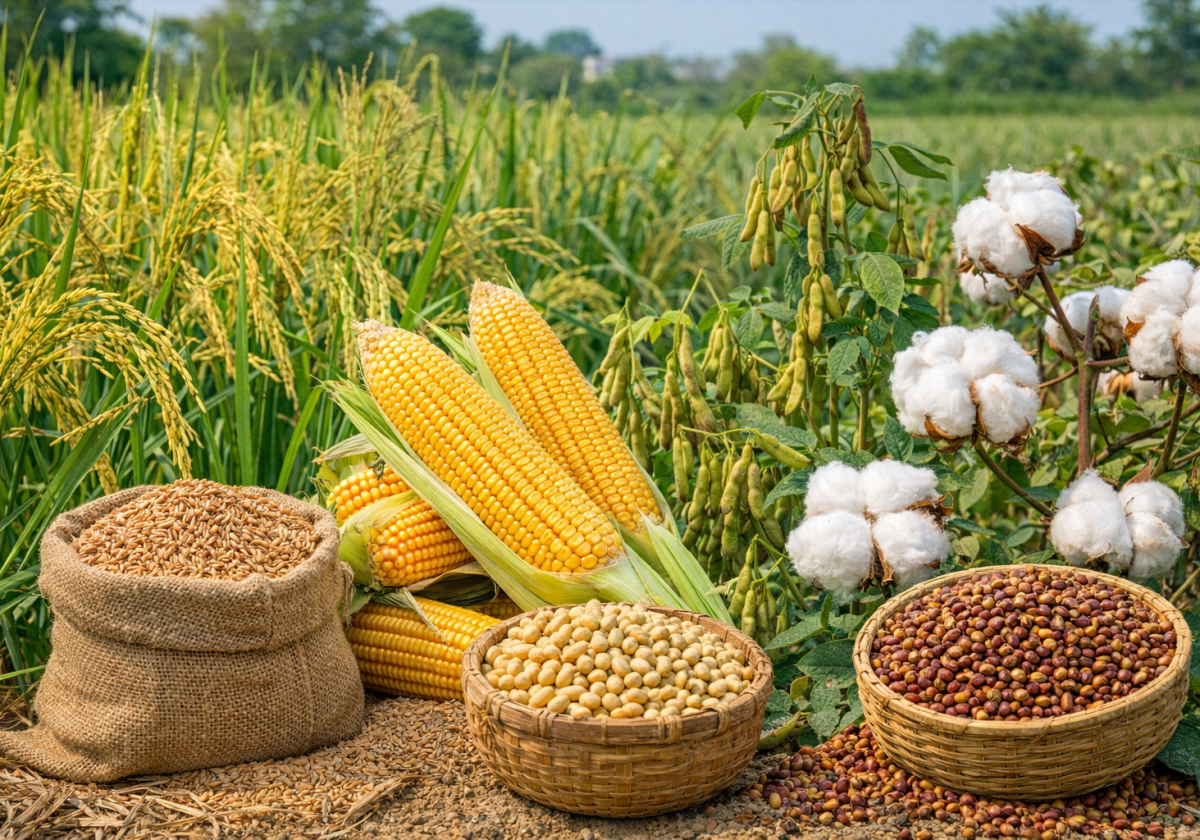

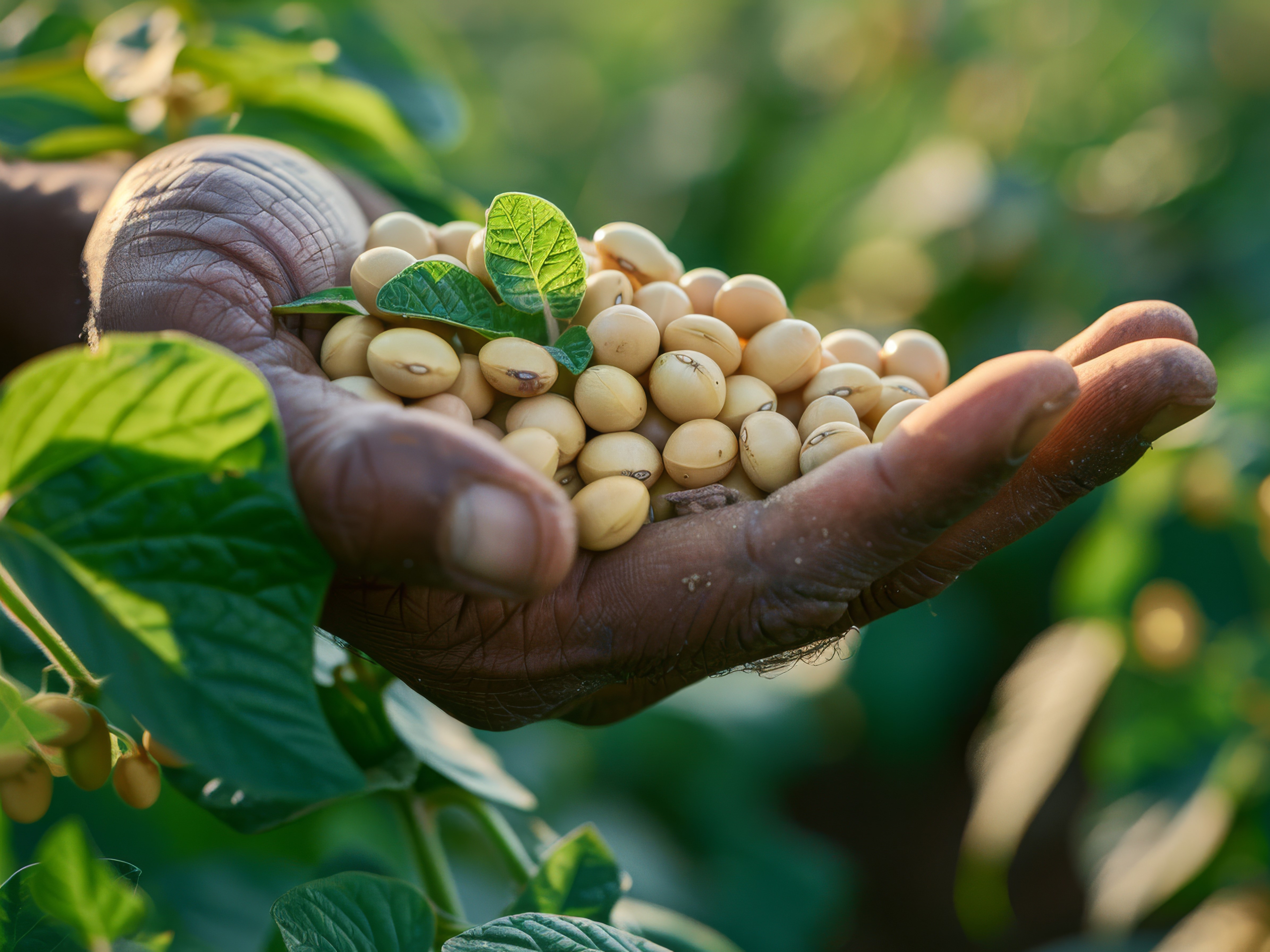
 Connect With Us
Connect With Us